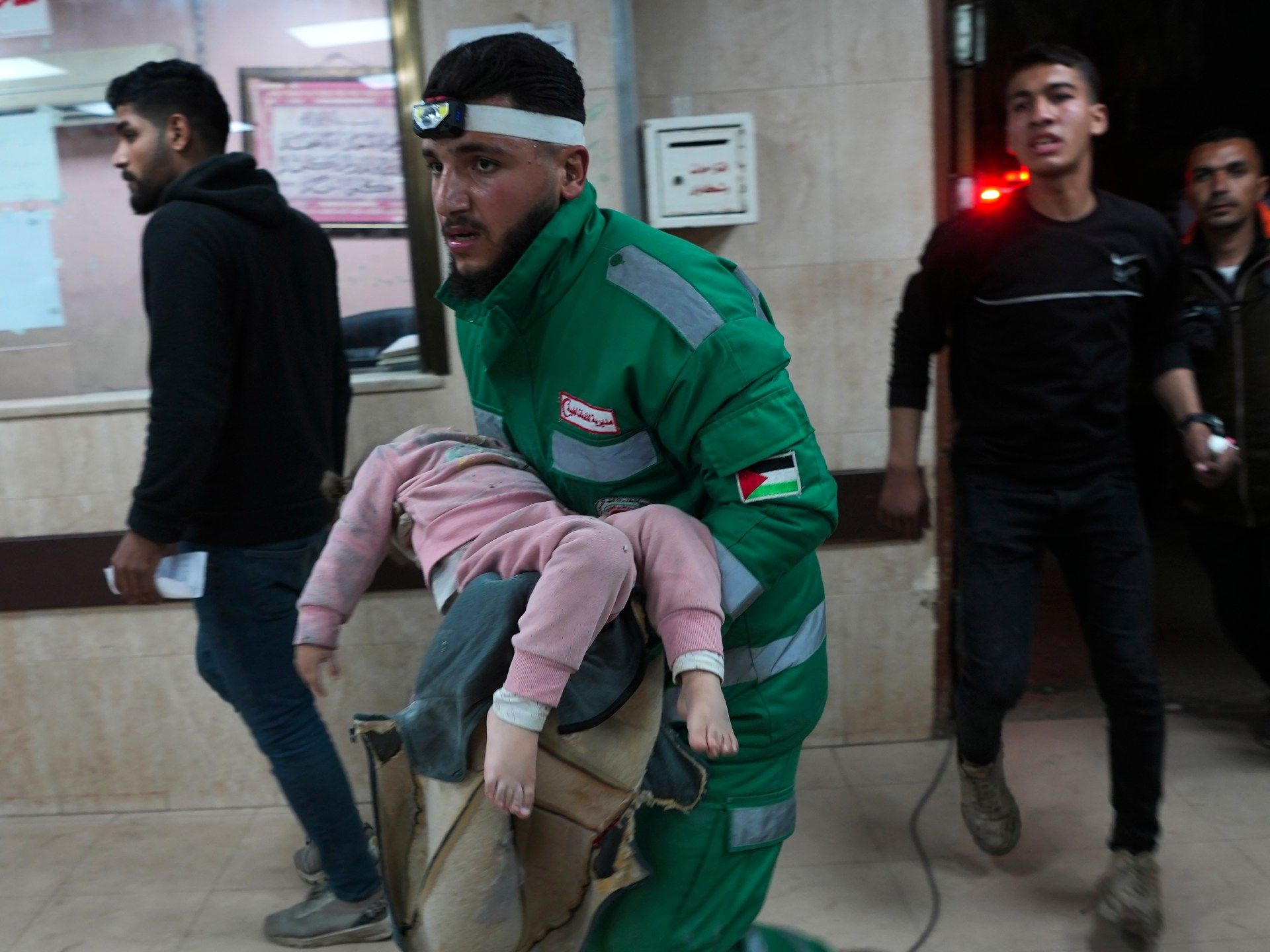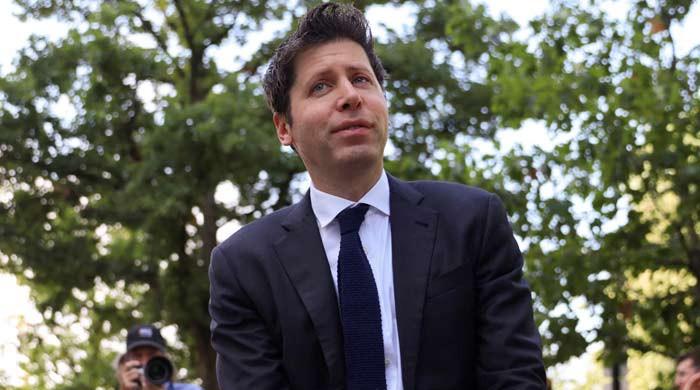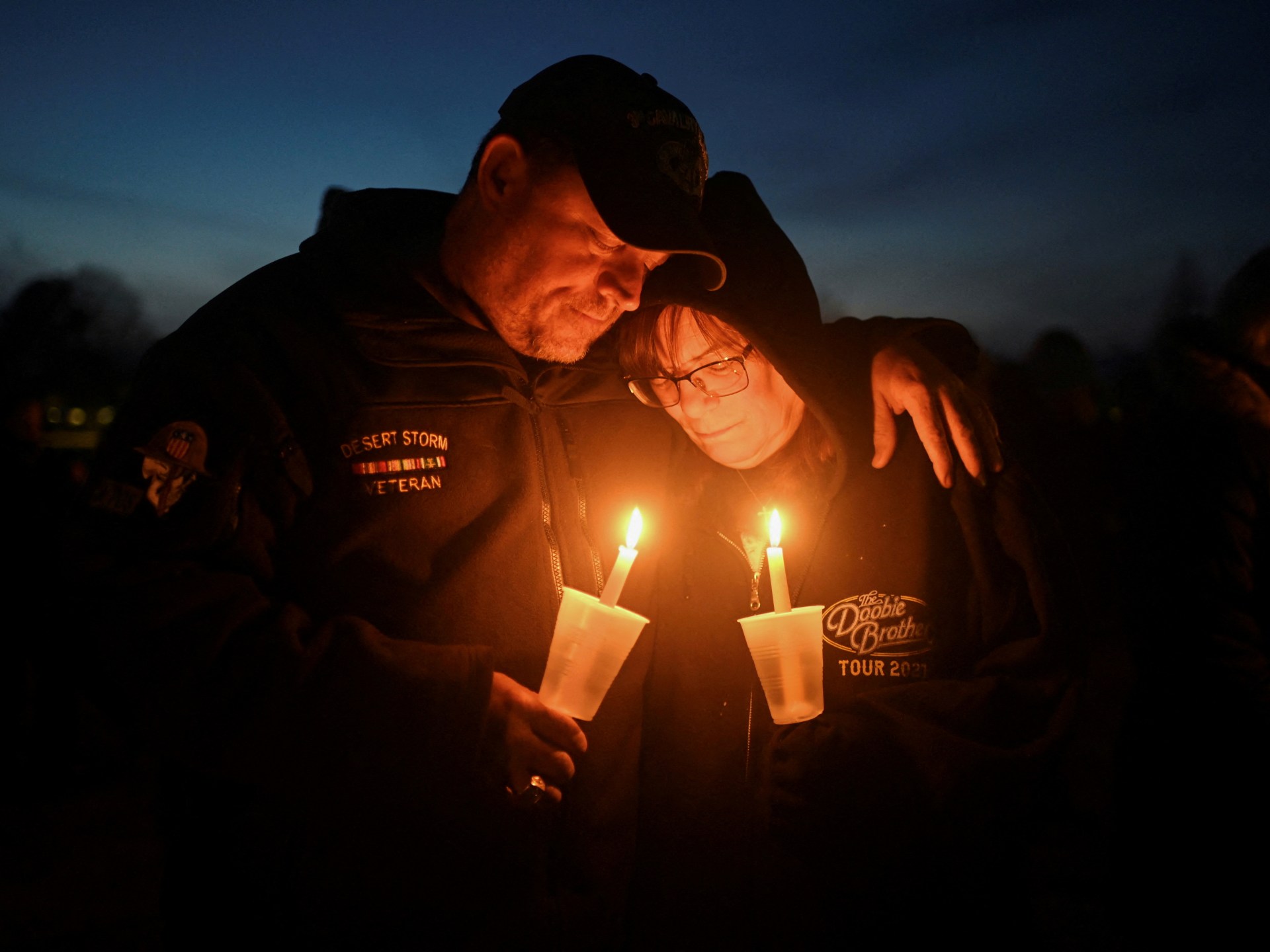This week, more than 40 health justice organizations around the world issued an urgent call to the global health and human rights community. In an open letter, we called on global health bodies, health institutions, professional associations and the World Medical Association (WMA) to take immediate action in the face of the Israeli government's continued attack on Gaza, because the war against Palestine is a health issue. justice too.
Israel's attack – which the International Court of Justice (ICJ) has ruled “plausibly” meets the conditions of genocide – has claimed the lives of more than 30,000 Palestinians in less than five months. This means that since October 7, the Israeli army has killed 250 Palestinians on average per day, a higher death rate than any other conflict of the 21st century. Additionally, more than 70,000 Palestinians have been injured and more than a million have been displaced.
Israel's deliberate attacks on hospitals across Gaza – considered a war crime under international law – undoubtedly contributed to this staggering death toll. At the time of writing, only 11 of Gaza's 35 hospitals are partially functioning.
Israel has destroyed much more than Gaza's hospitals. Attacks on laboratories, other healthcare facilities, ambulances, doctors, nurses and patients, along with the blockade of vital medical supplies, have demolished Gaza's entire healthcare system and left 2.2 million people with little access to care. health at a time when they face indiscriminate and almost constant bombing and the threat of famine. Since the start of the war, at least 337 health workers have died, including two of the four pathologists in Gaza.
People suffering from chronic illnesses cannot access vital medicines and diseases are spreading at an unprecedented rate amid a health crisis caused by a severe lack of access to clean water. The World Health Organization (WHO) has described the state of healthcare in Gaza as “beyond words.”
Research published by the Johns Hopkins Bloomberg School of Public Health in the United States and the London School of Hygiene and Tropical Medicine in the United Kingdom suggests that an escalation of the conflict could cause almost 86,000 additional deaths in the next six months. While the effects of war-induced diseases, epidemics and malnutrition are taken into account. The report estimates that even if there is no escalation and conditions remain as they are today, there will still be 66,720 additional deaths in Gaza over the next six months.
That is why, as activists, health workers and organizations working in the health sector for justice, equity, anti-racism and decolonization, we are using our voices to speak and urge, as well as compel, our colleagues and others, especially global health agencies. and associations, to act. As Israel uses healthcare, food and water as weapons of war, we know very well – as organizations that have worked on issues of health justice and access to medicines for millions of people around the world – that it is imperative that we speak up and Demand an end to impunity and real actions and consequences.
So why direct our appeal to the global health community? We believe there has been a general lack of consideration by many in this community toward the unfolding health crisis in Gaza. As we also noted in the open letter we published this week, almost no debate about the current state of health services in Gaza has appeared in the pages of the 17 global health journals that currently fill the public space. Our research shows that a PubMed search for journal articles containing the words “Global Health”, “Gaza” and “health” published since October 2023 recovered only two, published by The Lancet and the British Medical Journal, that featured any debate on ethical aspects. , human rights and professional challenges that arose from the current conflict.
So we ask ourselves: why have our universities, medical schools, professional associations and academic bodies remained silent? Except for a few isolated public statements, the response from those we expect to maintain the highest ethical standards and medical and scientific professionals around the world has been a deafening silence.
While the American Medical Association (AMA) rightly issued a very strong condemnation in 2022 of the Russian invasion of Ukraine, the attempt by some members to do the same with Israel's war on Gaza in 2023 was thwarted. And at this stage of the genocide, any continued silence will be judged as complicity.
This demonstrates a blatant double standard that can only be explained by the racist dehumanization of the Palestinian people.
A climate of virulent censorship, especially in the Global North, has also led to open victimization of health workers and academics who dare to speak out in their personal capacity in defense of Palestinian rights and against racism. But we refuse to be silenced and call on the broader global health community to stand firm in the face of this intimidation.
We must denounce Israel's war crimes and unequivocally condemn the genocide underway in Gaza – and Israel's long-standing medical apartheid in the occupied Palestinian territories – and support colleagues who are being attacked for speaking out about anti-Palestinian racism.
We must also press all governments to immediately resume and increase funding for the critical work of the United Nations Relief and Works Agency for Palestine Refugees (UNRWA) and other agencies helping Palestinians in Gaza. and other places in the occupied territory. We should refuse to collaborate with Israeli health institutions, universities, research councils, pharmaceutical companies and any organization affiliated with the military in any way.
As healthcare professionals and activists, we are obligated to speak out, both morally and professionally. We are also obliged to take all measures within our power to stop and prevent this genocide. To do anything less would be a total breach of our duty to support and defend the right – of everyone – to health.
The views expressed in this article are those of the author and do not necessarily reflect the editorial position of Al Jazeera.












